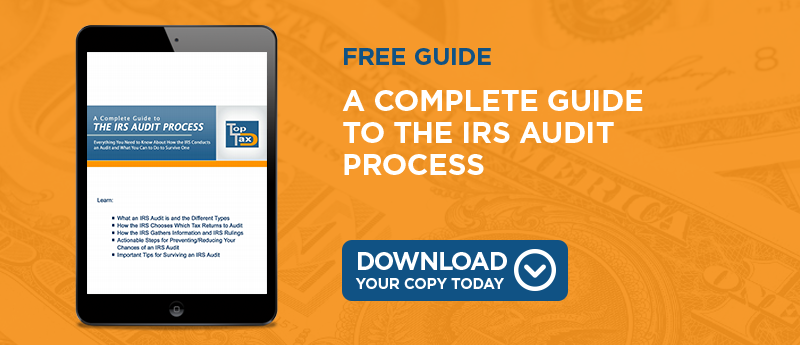
The IRS offers innocent souse relief in very limited tax situations. This arrangement allows spouses who were not involved in the tax fraud or errors perpetrated by their husbands or wives to be absolved of tax liability. However, qualifying for IRS innocent spouse relief can be a complicated process.
What is Innocent Spouse Relief?
Innocent spouse relief is a tax provision designed by the IRS to protect spouses who were held liable for the tax errors or frauds of their spouses without their knowledge. Generally, this provision is reserved for individuals who were completely unaware of any tax mistakes or debts caused by their spouses. Innocent spouse relief does not apply to married individuals who caused the initial tax liability.
Qualifications You Must Meet
The IRS requires that individuals who apply for innocent spouse relief meet four conditions.
1. The individual must be requesting relief for a tax year that he or she filed a joint income tax return with a spouse.
2. The return in question must show an understatement of tax.
3. The innocent spouse must have been unaware of the incorrect tax information that was reported.
4. The individual must request innocent spouse relief within two years of an initial collection effort for the return in question.
How to Meet the Provision Requirements
Meeting these four conditions is a bit tricky for many individuals, particularly when it comes to meeting conditions number two and three. An understatement of tax refers to a finding that the taxpayer and his or her spouse owed more tax than they showed on their income tax return for the year. This typically occurs when a taxpayer claims a deduction or tax credit for which they are unqualified or when a taxpayer omits a source of taxable income from the return. When these credits or omissions result in a significantly smaller tax liability than deserved, the IRS may have reason to suspect fraud.
Condition number three is the sticking point for most innocent spouse relief requests. The spouse who is applying for relief must prove that he or she did not know about the incorrect information on the tax return and that there was no way for him or her to know about it in advance. If a spouse simply neglects to look at their joint bank account this alone will not qualify them for innocent spouse relief. However, if the taxpayer maintained a separate account from the spouse and the spouse had no access to any information about that account then the spouse may have a case to request innocent spouse relief.
If you review these IRS guidelines for innocent spouse relief and you believe you qualify you should request this provision as soon as possible. If the IRS approves your request you won't have to worry about being liable for a tax debt you did not cause.




